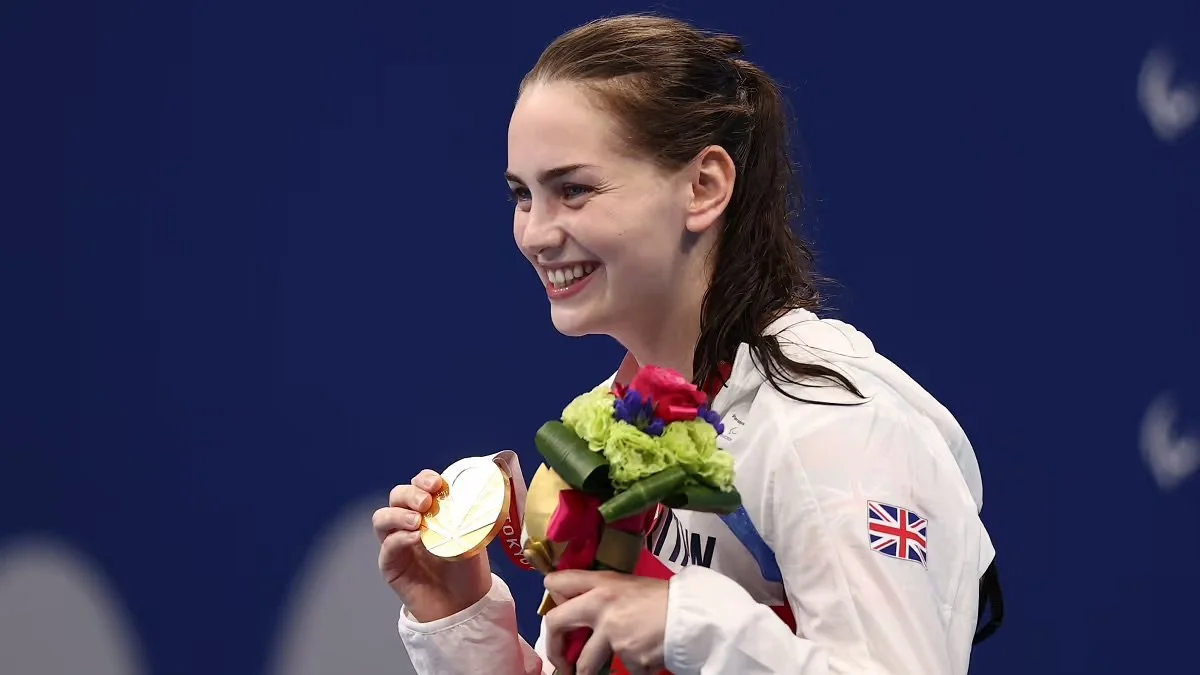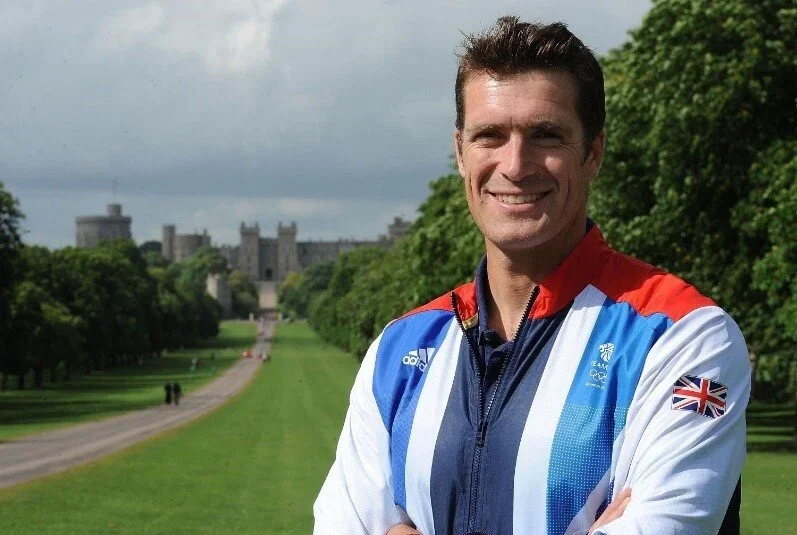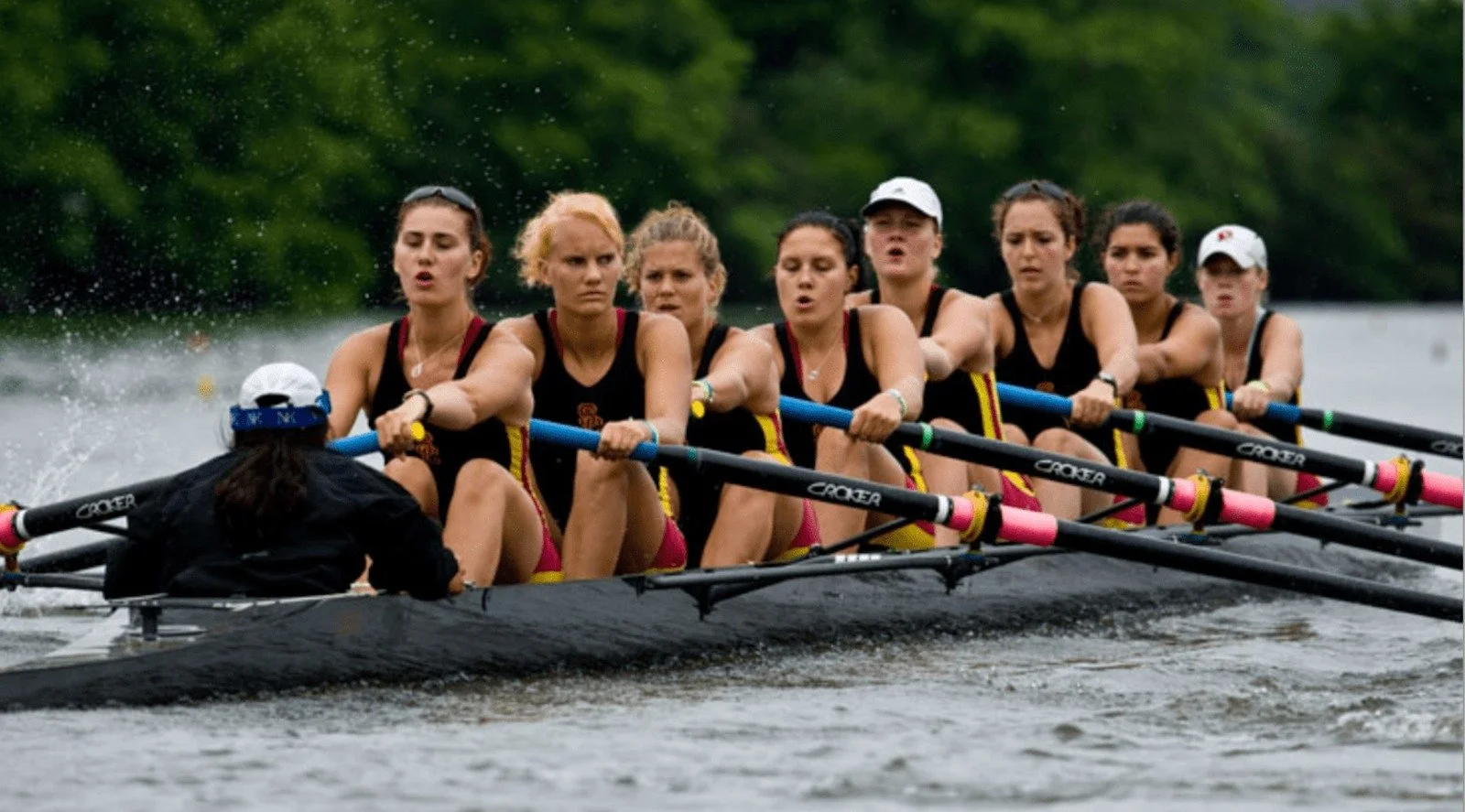Neurodiverse Sport articles
Search for specific content…
More Than What You See: Sarah Hope on Sport, Autism, and Advocacy
Sarah Hope is a former GB wheelchair basketball player and para ice hockey athlete. Diagnosed with autism and hereditary peripheral neuropathy, Sarah shares a powerful story of resilience, burnout, and finding belonging. From masking and misunderstanding to self-advocacy and structure, her journey challenges sport to do better—and reminds us of the strength found in lived experience.
Tackling Inclusion: RFU and Neurodiverse Sport Launch Coaching Resources for Neurodivergent Players
Neurodiverse Sport and the RFU have teamed up to launch a new suite of coaching resources, helping rugby coaches better support neurodivergent players. These practical tools are rooted in lived experience and designed to make every team environment more inclusive—from grassroots to elite.
“From Overwhelm to Action” — Reflections from the Neurodiverse Sport Panel
Bright studio lights, honest storytelling, and a line-up of elite athletes turned Neurodiverse Sport’s first live panel into a master-class on neuroinclusion. From Sam Smith’s sensory challenges on-air, to Brooke Hendrix’s ADHD openness in a football changing room, to Greg Halford’s autistic hindsight, the evening moved from overwhelm to collective action—reminding us that coaching curiosity and safer environments are the real performance enhancers.
From “Naughty Kid” to National Competitor
From school exclusions to international podiums, triathlete Tom Epton shares how a childhood diagnosis of ADHD shaped his journey in life and sport. His reflections on behaviour, belief, and building the right support system are a powerful reminder of what neurodivergent athletes can achieve when they're truly understood.
Tully Kearney – Gold Medallist, World Record Holder, Autistic Athlete
Tully Kearney is a Paralympic champion, a world record holder – and proudly autistic. But for 10 years, she kept her diagnosis a secret from her sport. In this deeply honest interview, Tully reflects on what it’s like to mask, to fear being misunderstood, and ultimately to find her voice and speak out. Her story is a powerful reminder of how neurodivergent athletes can thrive – when sport starts working with difference, not against it.
“There’s magic in people — we just have to stop it from getting lost.” — Greg Searle, Olympic Rower
Greg Searle MBE is one of Britain’s most successful Olympic rowers — but few know he is also proudly dyslexic. In this honest and insightful interview, Greg shares how dyslexia shaped his learning, performance, and leadership throughout his elite rowing career. From his early victories with his brother to his individual bronze in the single scull and a powerful comeback at London 2012, Greg’s story is one of autonomy, self-awareness, and the power of person-centred coaching. He reminds us that neurodivergent athletes don’t need to be changed — they need to be understood.
Safe Havens, Hard Lessons: Alexandra Hambro on Rowing, Riding, and Reclaiming Confidence
In this week’s Neurodiverse Sport blog, former rower and current equine therapist Alexandra Hambro opens up about living with ADHD and Auditory Processing Disorder—and how sport became both a sanctuary and a source of pain. From hiding in cloakrooms at school to launching the inclusive platform We Row Like This, Alex shares her journey of fear, resilience, and advocacy. “I’m terrified every day,” she says, “but I show up anyway.” Her story reminds us that safe spaces—whether in boats or classrooms—can transform lives when we listen, adapt, and lead with empathy.
Pedalling Through Barriers: Introducing Connie Hayes
Diagnosed with dyslexia and dyspraxia, and awaiting autism assessment, cyclist Connie Hayes has ridden at the Women’s Tour of Britain—but her toughest battles haven’t been on the road. From masking at school to meltdowns in elite teams, Connie shares how neurodivergence shaped her path through sport—and what changed when she finally found a team that understood her.
Brooke Hendrix: Building a Toolkit for Life, and Football
In this powerful interview, professional footballer Brooke Hendrix opens up about life with ADHD—from childhood outbursts to building a successful career in the Women’s Super League. Brooke reflects on the importance of early support, inclusive teammates, and adapting training environments to suit different learning styles. Her story challenges outdated coaching norms and redefines what it means to thrive as a neurodivergent athlete.
Rewriting the Neurodivergent Narrative: Patrick Chorley, Rowing, Climbing
Patrick Chorley is a rower, cox, and climber diagnosed with dyslexia, dyspraxia, and ADHD. This blog explores how Patrick found freedom in movement, resilience in rejection, and success in forging his own inclusive path—challenging traditional definitions of athleticism and showing that neurodivergence is not a limitation, but a different kind of strength.
“Person of Determination”: Triathlete, Trailblazer, Sam Holness
Sam Holness is the first openly autistic athlete to compete in the Ironman World Championships—and he’s not done yet. With a 13-hour finish time, unwavering family support, and a training ethic that puts most to shame, Sam’s story is a reminder of what’s possible when we replace limits with belief. This blog explores his journey, mindset, and what sport—and society—can learn from “The Sam Effect.”
Not the Obvious Athlete: Anne-Sophie Thilo’s Story of Grit, Guile and Growth
Olympian Anne-Sophie Thilo shares how her High Intellectual Potential helped her problem-solve and strategise her way to the top of international sailing—while also leaving her socially isolated and emotionally misunderstood. Her story challenges what it means to be an athlete, why neuroinclusion matters, and how sport can better support those who think—and feel—differently.












